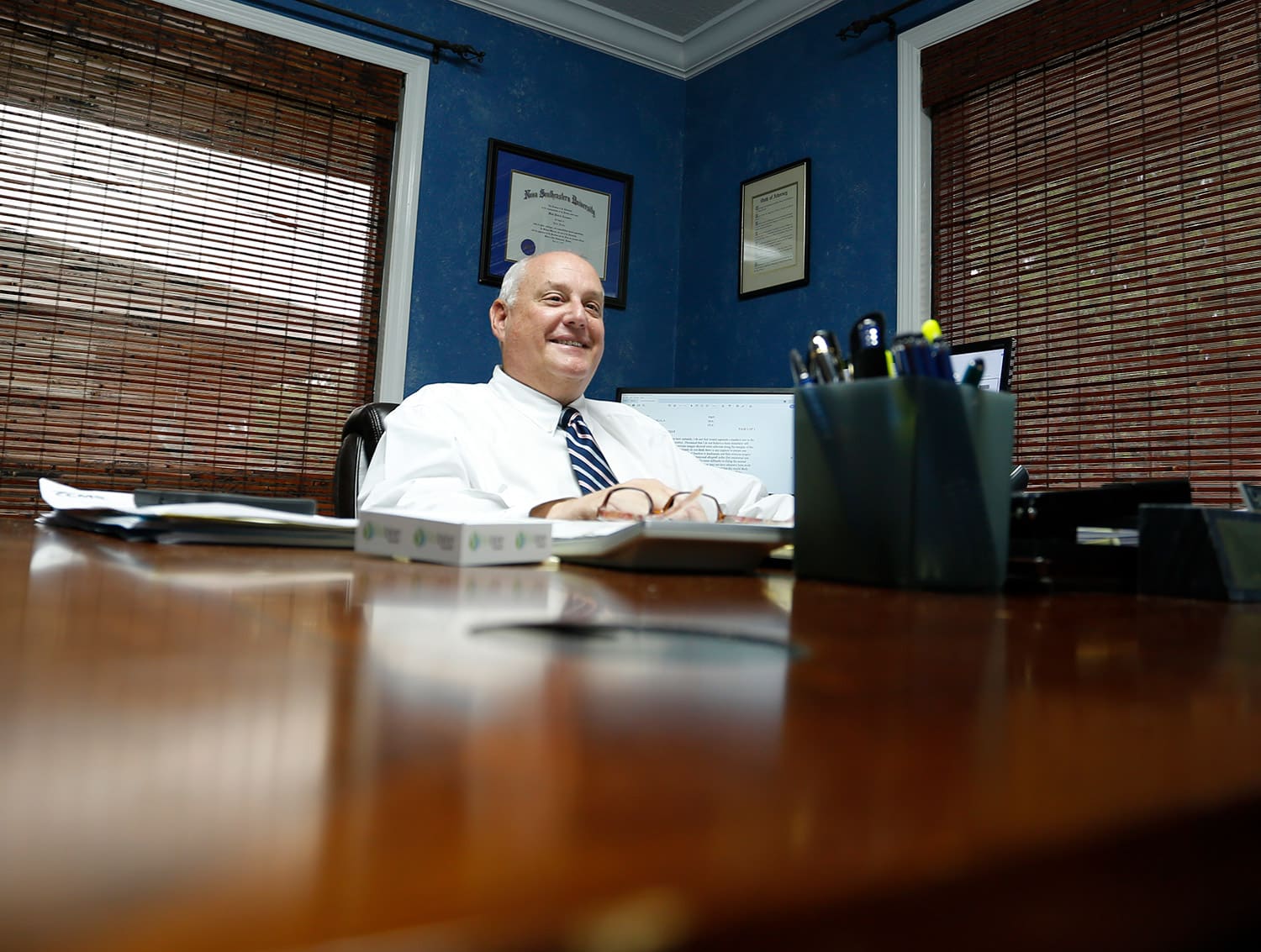Is your financial situation taking a toll on you? Do you feel trapped in your circumstances and are unsure what to do next? Do you feel anxious but are nervous get help with your next steps? These are common feelings to have if you are considering filing for bankruptcy. Furthermore, myths about bankruptcy may prevent you from taking action to get yourself out of debt. Here are the top five myths people believe about filing for bankruptcy and the truth behind them.
Myth #1: When I file for bankruptcy, I will lose my house, car, truck, 401K, etc.
A person will rarely lose their primary home or car after filing for Chapter 7 bankruptcy. If your car payments and payments related to your home (such as on your mortgage home equity loan, city/county taxes, and homeowners association dues) are current, you should be able to file for Chapter 7 bankruptcy.
If you are behind on your house or car payments, Chapter 13 bankruptcy may be better. Chapter 13 bankruptcy helps those unable to make current payments before filing for bankruptcy. Several assets are exempt from being taken away in Florida when filing for bankruptcy. This includes $1,000 of equity in a single car or truck ($2,000 if married filing jointly), IRA plans, and ERISA qualified 401(k) plans. If you are thinking about withdrawing from an IRA or 401(k) before filing for bankruptcy, think again.
Myth #2: Filing for bankruptcy ruins my credit for the rest of my life
First, we need to discuss the differences between credit scores and
obtaining credit. Your credit score is a number credit reporting agencies assign to you based on your history of paying off debts. Your ability to obtain credit is based on the probability of making payments in the future. If you have too many debts, you won’t be able to get credit. Filing bankruptcy eliminates many of your debts and may improve your ability to obtain credit. Many of our clients use credit more wisely after bankruptcy and can often purchase new cars within months after filing.
Myth #3: I won’t be able to obtain credit or buy a house if I file for bankruptcy
You may be able to get a loan or a credit card shortly after you are discharged from your bankruptcy. Your ability to get credit is based on the likelihood of making timely payments in the future. Since bankruptcy eliminates most of your debts, many lenders may believe you will be able to make on-time payments. However, you will likely get higher interest rates on credit cards or loans for the first few years after you file for bankruptcy. Once you make timely payments for a while, your interest rate and credit score should improve quickly. Most clients may be able to qualify for a new home loan about two years after filing for Chapter 7 bankruptcy, depending on the financial institution and the application process. You should use those two years to recover your credit and save for a down payment.
Myth #4: Everyone will know I filed for bankruptcy
It is rare for the public to know that you filed for bankruptcy unless you have a very public profile. Bankruptcy is a public proceeding, but potential employers and creditors will only find out about your bankruptcy if they run a credit check or access bankruptcy court filings. Most publications no longer publish bankruptcy filings, which decreases the chances of your friends or neighbors finding out.
Myth #5: It’s hard to file for bankruptcy
Bankruptcy is easy to file when you meet the legal criteria. In fact, more bankruptcies are being filed in America now than at any other time in history. There are two types of bankruptcy:
- Chapter 7. It is commonly referred to as a “liquidation bankruptcy,” but this doesn’t mean you have to sell all your assets. We are very successful in helping a large percentage of our clients keep the majority of their assets.
- Chapter 13. You and your attorney will work with your creditors to create a plan to reduce your overall debt and then set up an affordable payment structure over a three to five-year period. Many of our clients pay less than 10% of their credit card debt.
Cressman Law: Central Florida Bankruptcy Attorney
Mark Cressman is a bankruptcy attorney who helps Central Florida families get out of their difficult financial situations and start over. If you are considering filing for bankruptcy, call our office at 407-877-7317 for a complimentary consultation to discuss your case. We will help you get the answers you seek for financial peace of mind.



